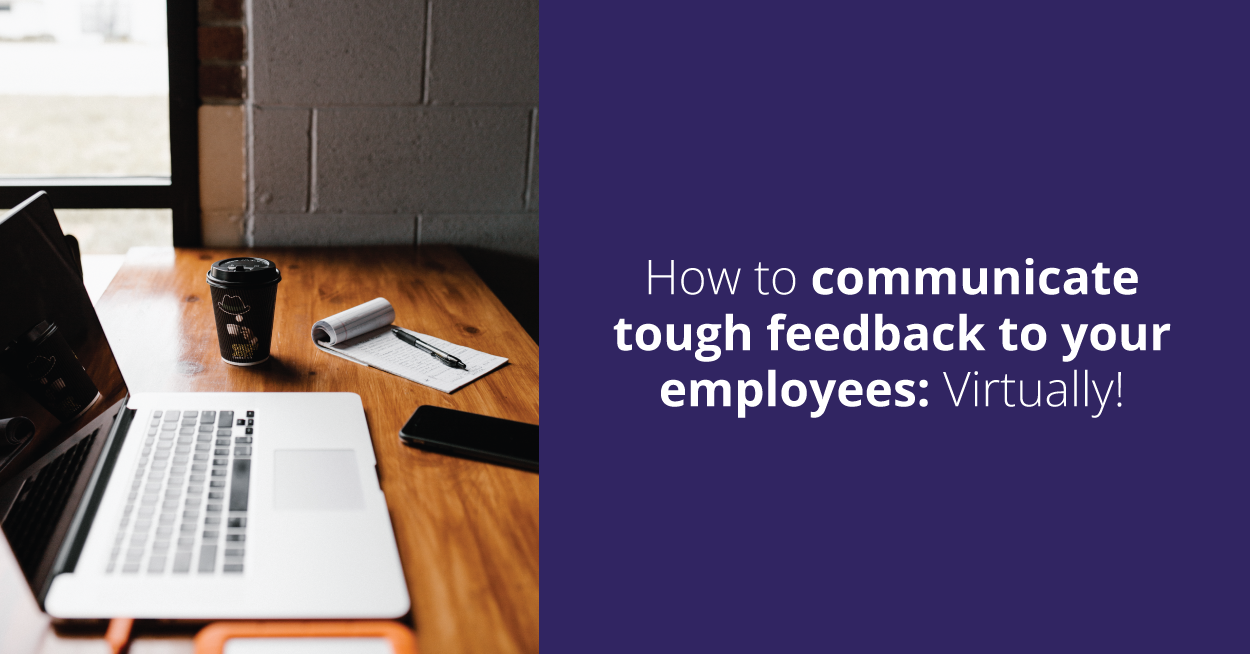
5 things leaders do that unknowingly stress employees

If you’re a manager or a leader, you probably know the influence you have on your team. But do you understand the power it holds?
Tomas Chammoro Premuzic in an article says,
“Even well-meaning bosses may inadvertently contribute to high anxiety levels in their employees and have a limited capacity to correct and improve their behavior”
But it is a leader’s job to provide clarity, direction, and most importantly, hope. So how do we bridge the gap that exists evidently?
Start by considering 5 things that are unknowingly stressing your employees right now:
1. Keeping the team in the dark
‘Keeping your employees in the dark is the most detrimental thing you can do to your workplace culture.’ Without clear communication, your employees are likely to lack a purpose and stay anxious most of the time. From closed-door meetings to unclear priorities to withholding information, it only worsens if the communication is unclear.

As an effective leader you must –
- Not hide a negative situation or assume a reaction beforehand
- Be open to transparent communication and stick to facts.
- Engage, communicate and set clear expectations
- Help remove suspicions and fear from the working environment
- And most importantly, trust your employees can handle the truth
2. Constantly changing their mind
If you keep introducing 5-page revisions to a month’s work and negating the expectations you had set a month ago, it’s time you stop. Flip-flopping your decisions, priorities, and expectations can get infuriating for people working to make sure your expectations are met every time. But you are not doing it purposely – so what can help?

Here are 4 quick tips to consider-
- Research information and gather your thoughts on the project.
- Assure you have all your bases cleared before initiating the final communication.
- Focus on the target rather than the tactics.
- And if you still need to change your mind at some point, make sure to communicate the why before the what!
3. Taking the stress out on employees
Being vulnerable is good but passing on everything that comes from the top to your team might not be the best tactic.

In such a situation, here are a few must-follow things you can do-
- Become the shock-absorber in the situation
- Refrain from impulsive actions based on the blow
- Translate the tough news into a goal that must be achieved
- Break the goal down into actions
- Assign actionable tasks to each employee
- It’s best to sleep over a bad day before facing the team.
4. Frequently rescheduling meetings – even worse, missing them!
Frequently missing/ rescheduling meetings (especially important ones like reviews/ feedback) not only disrupts your employee’s schedule but also makes them worried and get into an anxiety cycle!

To avoid that, follow the two golden rules –
- Resist the urge to schedule such meetings towards the fag end of the day – the probability of unavoidable delays cropping up keeps increasing.
- And if you still have to reschedule, make sure you inform your team about it, beforehand and not halfway through the waiting period.
5. Using ‘negativity’ and ‘pessimism’ as the default approach/reaction
Sure, pessimism is not all that bad. It can help leaders detect potential threats, avoid arrogance and minimise risks in making decisions. But when used as a default approach to any situation, it can become a liability that demotivates others. And in stressful situations, it can further go on to push high-stress levels to higher anxiety.

Here are certain things that you can consider to keep yourself in check-
- Avoid using words like ‘horrific’, ‘dangerous’, ‘undesirable’, etc that triggers anxiety.
- Talk more about ‘hope’, ‘improvements’, ‘learnings’ to reassure confidence.
- Even if you have no reasons to be optimistic, refrain from pessimism.
- Control the angst and project composure at all costs to clear the air of strengthening anxiety.
Remember, you are not a leader unless your employees look up to you. Since what you say, do, feel, and express can significantly impact your team – positively or negatively, you must reflect on it. And while you’re at it, start implementing positive approaches that can decrease your organisation’s stress index and inspire a better culture at work.






